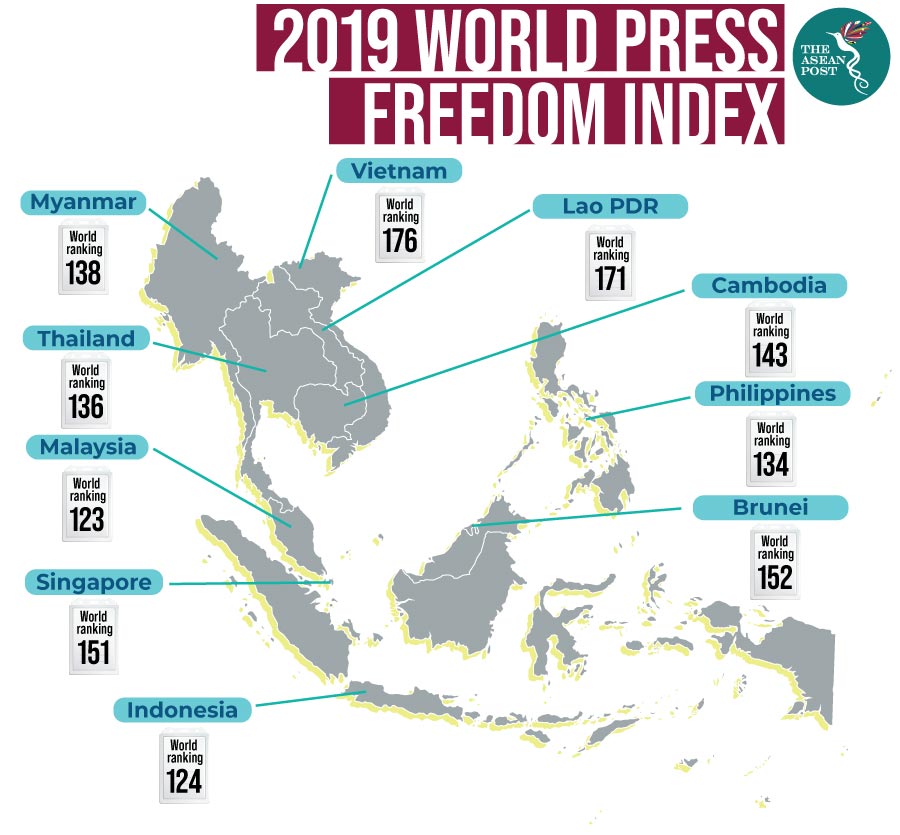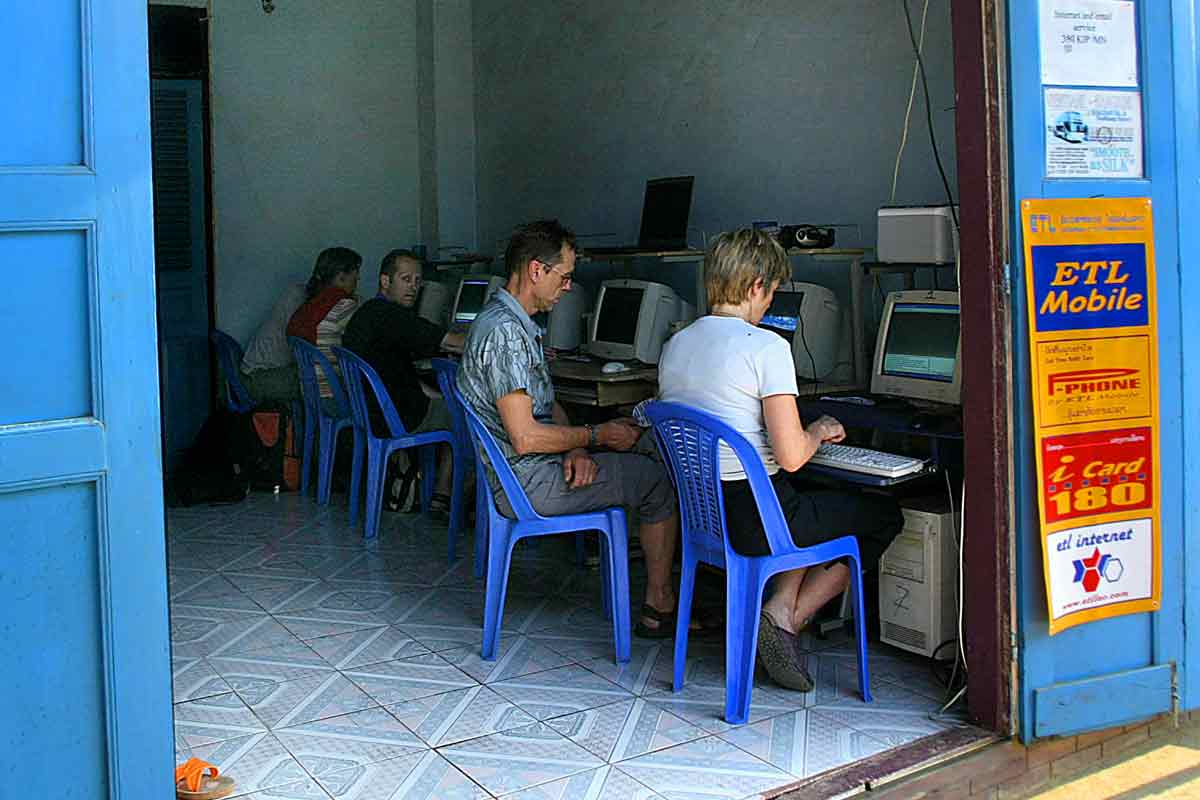Lao recently held an event where managers of its mass media and publishing generally agreed that the country’s media and the publications they produce needed to aspire to self-development. They said this was so they are better equipped to fulfil their duty to promote national protection and development.
In a socialist state such as Lao, the managers’ general assessment makes perfect sense. Mass media, in the view of 19th century German philosopher Karl Marx, was supposed to be responsible for a socialist system of governance and communist media was supposed to help in implementing social policies.
The Communist Theory of Mass Media states that the ownership of media is with the state and the country runs the media as per their wishes to fulfil their propaganda of control. Such is the case in Lao.
The question that remains, however, is why these managers of mass media and publishing believe that the country’s media “needed” to aspire to self-development? Numerous assumptions can be attached to this statement but one possible reason could be that Laotians are turning away from state-controlled media.
In April, a news report surfaced claiming that Laotians were turning to social media to get their news. The news report quoted several unnamed sources including one who said he turned to the internet as local news sources were restricted.
“[Lao] TV provides only restricted news and information, for example news about drug trafficking and other news about the country. The stories broadcast on TV aren’t clear, and are screened ahead of time by the authorities. The internet is not restricted, and the authorities can’t control the information we find on it,” he said.
Sources who are quoted as speaking against the socialist government’s practices in Lao often do so on the condition of anonymity. However, government action could also hint that there is some truth to this claim.

In May 2016, the Laotian government broadcast the public apology of three Laotians on state television. Somphone Phimmasone, Lodkham Thammavong and Soukan Chaithad were arrested in March as they arrived in Lao from Thailand, where all three worked.
They were accused of threatening national security by posting critical content about the government of Lao on Facebook. The posts related to instances of government corruption and human rights violations, and were done while the accused were based in Thailand.
In September 2014, a decree was signed into law that prohibits online criticism of the Lao government. It is believed this was a response to the rapid growth of social media users in Lao, which grew from 60,000 in 2011, to 400,000 in 2013. In 2019, the number stands at approximately 4.4 million users (57 percent penetration), according to We Are Social and Hootsuite.
The law, which came into effect on 1 October 2014, states that those using the internet for publishing untrue information about the government there for the purpose of undermining the country will face criminal charges. It also requires internet users to use their real names when setting up social media accounts, and can punish anyone seen encouraging terrorism or social unrest, or circulating national secrets.
Media in Industry 4.0
Major components of Industry 4.0 include the internet and the Internet of Things (IoT). Already, more and more Laotians are turning to the internet for their news fix and the number of Laotians online has increased tremendously.
Piling on top of all of this is the fact that Lao is a very young country. According to the World Population Review, Lao has the youngest population of any Asian country with a median age of 21.6 years. Meanwhile, the Central Intelligence Agency’s (CIA) World Factbook states that 32.2 percent of Laotians are aged 0 to 14, 21 percent are aged 15 to 24, and 37.3 percent are aged between 25 to 54.
It is also a well-known fact – and one which has been widely discussed among observers – that today’s youth live more in the bubble of the internet as opposed to in the real world. This has been surmised as one of the reasons for their lack of interest in politics as well.
As mentioned in the beginning of this article, Lao is a socialist state. As such, its adherence to the Communist Theory of Mass Media is completely understandable and is its right as a sovereign nation. Nevertheless, the practicality of such a model must be put to question in today’s globalised and advanced world, especially if the media in Lao is to have any aspirations of self-development.
Related articles:
